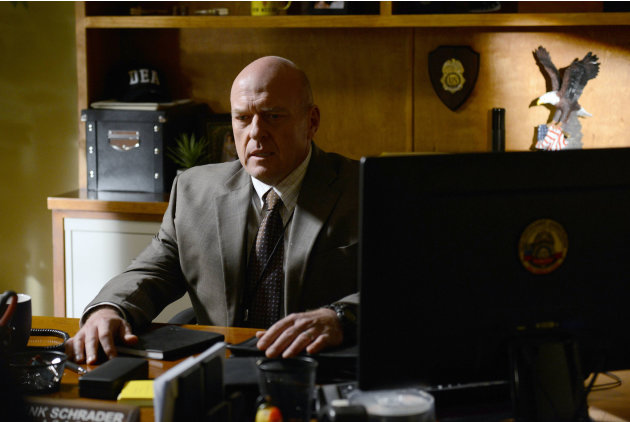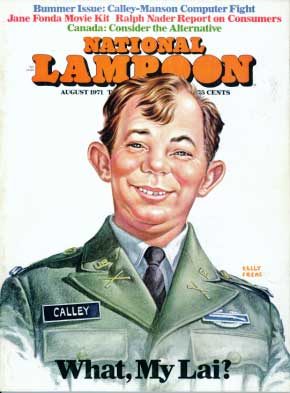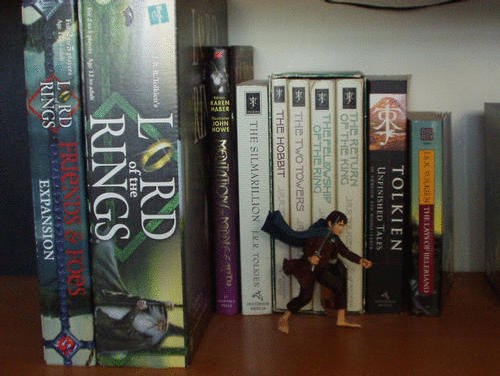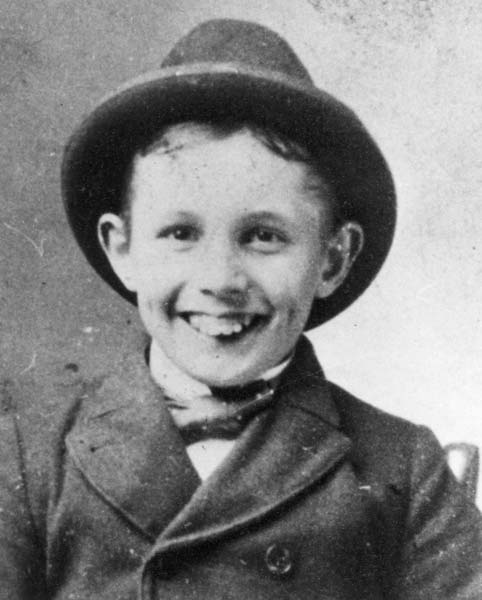I just read
That's Not Funny, That's Sick, a book about the history of
The National Lampoon*. There have already been other books about the
Lampoon, including a couple from insiders Tony Hendra and Matty Simmons, but this one, by journalist Ellin Stein, is, at the very least, the most comprehensive.
It all started at the
Harvard Lampoon, which had been around for decades, but was more a club than a place that created memorable humor. Then it was revivified in the 60s, and a
Playboy parody and later a
Time Magazine parody and a
Lord Of The Rings parody all sold well. Some of the Pooners started wondering if they couldn't make money doing this in real life--who doesn't dream of continuing their college days?
In particular, three alums--two of the best writers (Henry Beard and Doug Kenney) and one guy with business sense (Rob Hoffman) negotiated a deal with Matty Simmons and Len Mogel, business partners who were interested in publishing something new. They thought there was a place for a humor periodical that could capture the hip, youthful crowd. Hoffman negotiated a great deal (as it turned out)--he, Beard and Kenney would receive one-third interest in the magazine, and after five years could demand a buyout based on 16 to 18 times earnings.
 |
| Add caption |
The magazine first appeared in 1970 with a writing staff mostly of former
Lampoon people, as well as one brilliant outsider, Michael O'Donoghue. There were a few stutter steps--soon the hippie-dippy house they'd hired for graphics was replaced by a more professional team--but within six months the magazine was turning a profit. And for the next five years circulation increased until it reached over a million per issue.
National Lampoon made a name for itself, especially on campuses. Smart and raunchy, it didn't really compete with
Mad, or
The New Yorker. The closest competition probably came from
Rolling Stone. The average reader was in his (definitely a him) early 20s, either in college or just out, and perhaps a bit nerdy. A good demographic. And not that far from the staff's demo.
As word got out, more writers joined, including Sean Kelly, Tony Hendra and, a bit later, P. J. O'Rourke. The group wasn't what you might expect. A fair amount of Canadians, a lot of Irish Catholics, very few Jews and almost no women. It was really a boys club--tough and smart but unforgiving. And the material was fearless--nothing was sacred--sometimes verging on the ugly. The same for personal relationships there: the feud between O'Donoghue and Hendra was legendary.
Soon
National Lampoon branched out, sometimes into moneymaking ventures, but always, if nothing else, spreading the word of the magazine itself. There were records, compendiums, books (including, if you call it a book, the brilliant
1964 Yearbook parody, edited by Kenney and O'Rourke), a radio show and the successful off-Broadway show
Lemmings, featuring John Belushi, Chevy Chase and Christopher Guest.
It was hard work, and Beard seemed to be the one man who could keep it together. Kenney was equally brilliant, but always trying to find himself, which meant he'd take long leaves of absence. Money was rolling in and when it came time for the buyout
NatLamp was worth more than ever. It would cost Simmons $9 million, in fact. Money he didn't have lying around. So Beard, Kenney and Hoffman agreed to take $7.5 million, $4 million right away and the rest over the next five years.
Once Beard got his payoff he walked out, shocking some by saying it was the most unpleasant experience of his life. Kenney left too, though he'd drop by sometimes, especially for the more show bizzy stuff. The Golden Age was over. Not only did the top brains leave, they took most of the money with them. Other writers left, and those who stayed were bitter that they weren't getting a piece of the pie. Making them even more bitter, all the heat went across town to
Saturday Night Live, just starting up with
Lampoon writers O'Donoghue and his girlfriend Ann Beatts involved, as well as Belushi and Chase, and later Bill Murray, who also had worked on
Lampoon projects.
Back at the magazine, Kelly and Hendra became the lead editors. New writers like Ted Mann and Jeff Greenfield came aboard. There were plenty of good issues ahead--let's call it the Silver Age--but it wasn't the same. The
Lampoon didn't have the same cachet and old readers were growing out of the magazine without necessarily being replaced by new ones. Meanwhile, Kelly and Hendra didn't quite have the editing skills of the men they replaced, nor were they as skillful at dealing with publisher Simmons. In a few years, they were replaced themselves by Matty's favorite, P.J. O'Rourke, who did a decent job as well, and brought in new writers like John Hughes, but, as a magazine,
National Lampoon was essentially spent by 1980, even if it lasted into the 90s.
There was, however, one project that became so big that money poured in as never before--the movie
National Lampoon's Animal House. It was the idea (depending on who you talk to) of Matty Simmons and/or Ivan Reitman, a producer who'd worked on a
Lampoon stage show and was always looking to do more with these people. The writers were Kenney (who'd play Stork in the movie) and two other
Lampoon associates, Harold Ramis and Chris Miller. The top brass at Universal didn't think much of the low-budget project, but some lower level people knew they had something. It turned into the biggest comedy hit of all time. Suddenly,
National Lampoon was more about movies than magazine.
Some turned to Hollywood and didn't look back, such as Ramis and Reitman. Doug Kenney was the golden boy, and he produced
Caddyshack. But he didn't seem to be able to handle the pressure, or the drugs, and, while on a trip in Hawaii, fell off a cliff and died. It wasn't clear if he meant to do it--some at the
Lampoon, with their typical black humor, joked he fell while looking for a good spot to commit suicide.
It happened in 1980, and it's essentially the end of the story, and the end of the book.
It's not a bad book, but I have certain cavils. First, there are no photos or illustrations. That may be a financial decision, but much of the magazine's comedy was visual, and only hearing things described doesn't do it.
Then there's the author Ellin Stein, a journalist from Britain, who often judges the material and finds it wanting. That's her business, but can we trust her taste? For instance, she takes to task a
radio bit about hillbillies, saying she's not sure if they're playing off stereotypes or just mocking hillbillies (she makes similar complaints elsewhere). I think she misses the point a bit (and also doesn't seem to know the narrator is based on Gregory Peck), since the overall concept is bizarre, even surreal, with the whole thing done as a documentary about immigrants--yes, much of the humor is based on hillbilly stereotypes, but the essence of the bit is the idea of hillbillies living in France, Switzerland, Italy, Russia and adapting their hillbilly culture to America. It also ends with more bizarre humor, where the narrator's list of hillbillies includes Mel Torme, Buddy Hackett, Julian Bond and others (until he wakes up).
Also, Stein makes little errors that make one wonder. For example, she claims Paul Shaffer wrote the music to Stephen Schwartz's
The Magic Show, when he merely played in the pit band. She claims that
Which Way Is Up?--"like so many Richard Pryor movies"--flopped, when it did okay during a period when Pryor films were generally profitable. She claims
Meatballs takes place in a plush summer camp where, quoting the movie, a camper can "stalk and kill his own bear in our private wildlife preserve," when, in fact, this is Bill Murray in the film joking about the hated, fancy camp. She even spells "minuscule" wrong (though "miniscule" is so common I'm not sure it's wrong any more).
Then there are many snide political comments made in passing that add nothing to the book. In a discussion of post-Watergate satire, she states "the Justice Department had temporarily suspended its attack on the First, Fourth, and Nineteenth Amendments..." The Nineteenth Amendment? It's not enough she assumes we all believe Nixon was far more evil than any other politician--we're supposed to think he fought against women's suffrage? Or in discussing a project "looking back" at the 80s before the decade began, she claims Jeff Greenfield's parody of a town lifting all zoning requirements is a "neoconservative utopia." Neoconservative? Maybe libertarian, or anarchist, but what's this got to do with neoconservatives except they're a group that Stein, from her British vantage point, believes she can flay without any disagreement? Later she assumes not only did we have complete deregulation (supported by neoconservatives, of course) but that it's obviously what's responsible for our bad economic times. (She also has time to take an irrelevant swipe at
Citizen's United.)
Nevertheless, the book is overall a pretty good look at
The National Lampoon. If you want to know about the behind-the-scenes story, this is probably your best bet.
*Actually, according to the subtitle, it's about
The National Lampoon "and the Comedy Insurgents Who Captured The Mainstream" Maybe the publishers thought this would be a commercial choice, but what you get is a book that's 80% about the
Lampoon and its assorted offshoots, and then a minibook erupting within about
Saturday Night Live, which employed several people who worked at the
Lampoon but was not a
Lampoon project. Bit of a mess.

























